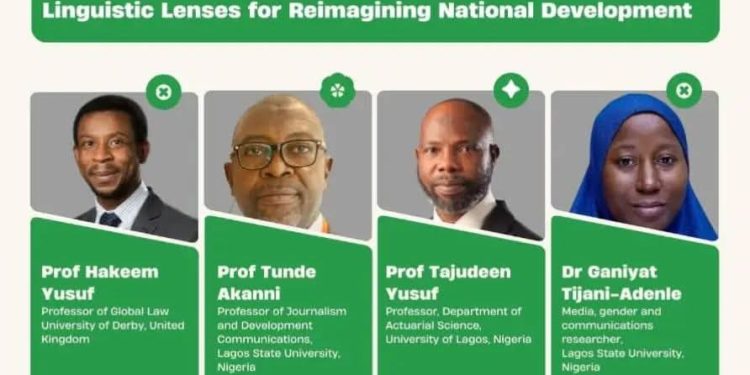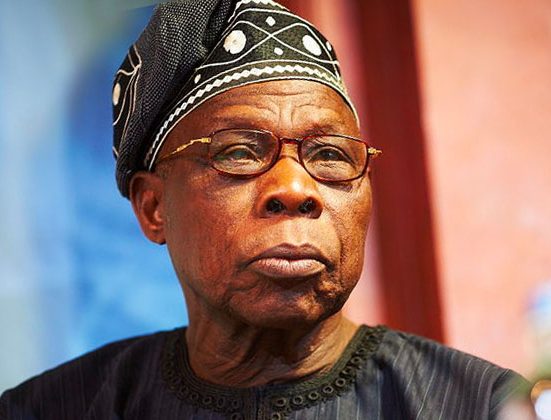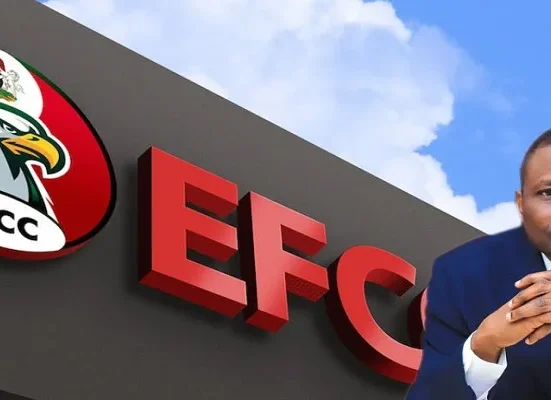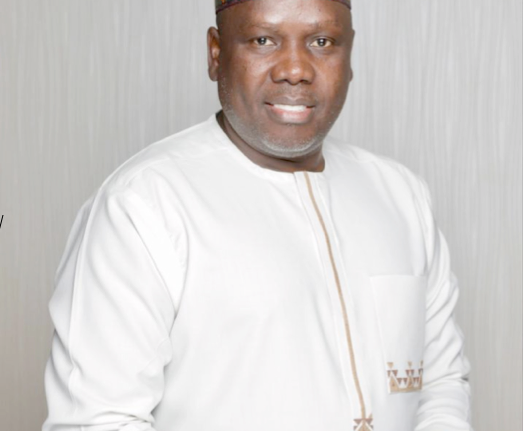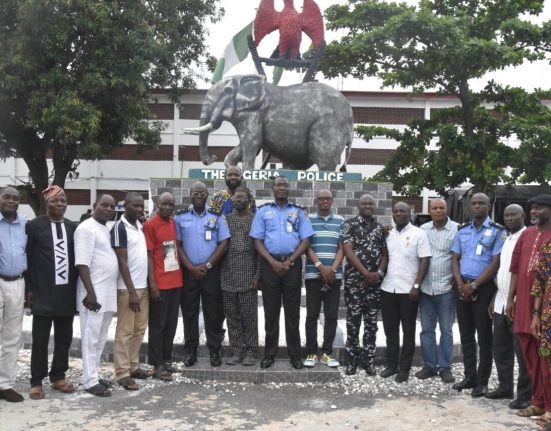June 14, 2025
As Nigeria marked its 2025 Democracy Day, the Muslim Lecturers Association (MLA) has called for far-reaching reforms to dismantle systemic corruption and foster a renewed culture of ethics and integrity across the country.
The call was made during a virtual forum hosted by the MLA’s Committee on National Issues, Development, and Advocacy (C-NIDA) on Thursday, June 12. Themed “We Are All Corrupt? Unmasking Corrupt Practices Through Sociological, Psychological, Religious, Political and Linguistic Lenses for Reimagining National Development,” the event drew diverse stakeholders including scholars, legal experts, journalists, religious leaders, and civil society actors from within and outside Nigeria.
Speakers at the session included:
Prof. Hakeem Yusuf, Professor of Global Law, University of Derby, UK;
Prof. Tunde Akanni, Professor of Journalism and Development Communication, Lagos State University;
Prof. Tajudeen Yusuf, Department of Actuarial Science, University of Lagos;
Dr. Ganiyat Tijani-Adenle, media, gender and communications researcher, Lagos State University.
In his opening address, Dr. Lukman Raimi, Chairman of C-NIDA, set the tone by urging Nigerians to shift from blame to constructive action.
“We must move from a culture of blame and resignation to a culture of renewal and transformation,” he said.
The forum examined the widespread nature of corruption in Nigeria, pointing out that it extends beyond financial theft to include abuse of office, favoritism, and the normalization of dishonesty through common cultural expressions such as “mago mago” and “do your own when it’s your turn.”
Participants pushed back against the claim that “We are all corrupt,” describing it as a damaging narrative that promotes moral equivalence and discourages accountability. The forum also criticized religious institutions that have allegedly compromised their moral authority for political and financial gain, while also pointing to colonial-era governance systems as enablers of entrenched impunity.
Speakers emphasized the need to challenge the perception of Nigerians globally, noting that corruption distorts international views and undermines opportunities for the diaspora.
A key focus of the discourse was the role of families, schools, and communities in shaping ethical values. Participants called for a national movement that uplifts stories of integrity, from whistleblowers to civil servants and communities that resist corruption.
To address the entrenched culture of corruption, the forum proposed seven core policy recommendations:
Launch of a National Ethics and Integrity Reorientation Campaign spearheaded by the National Orientation Agency, Ministry of Information, and religious bodies. The campaign would include nationwide “Family Hour” ethics broadcasts and biannual national moral aptitude surveys.
Establishment of Ethics Oversight Boards by faith-based groups such as the Nigerian Supreme Council for Islamic Affairs (NSCIA) and the Christian Association of Nigeria (CAN), along with reforms to religious messages and publication of annual Public Integrity Ratings.
Integration of civic and ethical education across all educational levels through partnerships involving the Ministry of Education, NUC, UBEC, ASUU, and private institutions. This includes launching School-to-Community Integrity Partnerships.
Strengthening of institutional accountability frameworks by agencies like the EFCC, ICPC, Code of Conduct Bureau, and Civil Service Commission through annual asset declarations and a biannual Public Integrity Dashboard.
Public sector reforms in admissions, promotions, and procurement to enforce blind assessments, digital procurement processes, and merit-based advancement.
Political reforms to outlaw nepotism and zoning, enforce campaign finance transparency, and establish independent shadow oversight bodies to monitor elections and governance practices.
Implementation of a Technology for Transparency (T4T) initiative, led by the Ministry of Communications and Digital Economy in partnership with tech hubs and anti-corruption agencies. This would allow for real-time corruption reporting and FOI request tracking.
Participants concluded with a strong rejection of the belief that every Nigerian is corrupt, asserting that many individuals and institutions still uphold integrity.
“Not all of us are dishonest,” they declared. “There are people and institutions within Nigerian society who resist temptation and compromise their conscience in the face of pressure.”
In closing, Dr. Raimi urged for a sustained national renewal effort.
“Let this be a movement, a renewal, that starts from the grassroots and permeates all sectors of our society,” he said.

